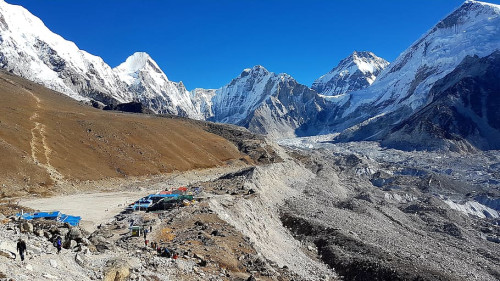16th Jun, 2023
ISLAND PEAK CLIMBING GEAR AND SAFETY
Island Peak Climbing Gear and Safety: Essential Preparations for a Successful Ascent
Table of Contents
Overview Island Peak Climbing
Embarking on an Island Peak Climbing adventure is an exhilarating experience that requires careful planning and preparation. One crucial aspect of preparation is ensuring you have the right gear and knowledge to tackle the challenges that await you. In this blog, we will discuss the essential gear you need for Island Peak Climbing and highlight the importance of safety measures. By understanding the necessary equipment and safety protocols, you can ensure a safe and successful ascent to the summit of Island Peak.
Section 1: Essential Gear for Island Peak Climbing
Having the right gear is vital for a comfortable and safe climb. Here are some essential items you should include in your gear checklist:
Mountaineering Boots: Invest in high-quality, insulated boots with good ankle support and crampon compatibility.
Climbing Harness: A durable and adjustable harness is crucial for glacier travel and fixed rope sections.
Crampons and Ice Axe: These tools provide traction on icy terrain and are essential for navigating steep slopes.
Helmet: Protect your head from falling rocks or ice with a sturdy climbing helmet.
Layered Clothing: Pack moisture-wicking base layers, insulating mid-layers, and a waterproof outer shell to adapt to changing weather conditions.
Sleeping Bag: Choose a warm and lightweight sleeping bag suitable for high-altitude camping.
Trekking Poles: Provide stability and support during the trek and assist in challenging descents.
Headlamp: Essential for early morning starts and navigating in low-light conditions.
Section 2: Safety Measures and Precautions
Safety should be your top priority during Island Peak Climbing. Here are some crucial safety measures to consider:
Physical Fitness: Engage in regular physical training to build strength, endurance, and cardiovascular fitness. Consult with a healthcare professional before starting any fitness regimen.
Acclimatization: Proper acclimatization is essential to avoid altitude sickness. Plan your itinerary with ample rest days and gradual altitude gain.
Hydration and Nutrition: Stay hydrated by drinking plenty of water and consume nutritious meals to maintain energy levels during the climb.
Rope and Safety Equipment: Familiarize yourself with proper rope techniques, knots, and anchoring systems. Use safety equipment, such as carabiners and prusik cords, correctly.
Weather Monitoring: Stay updated on weather conditions and be prepared to adjust your plans accordingly. Avoid climbing during severe weather or storms.
Communication Devices: Carry a fully charged mobile phone, satellite phone, or radio for emergency communication.
Altitude Awareness: Be aware of the symptoms of altitude sickness and inform your guide or team members if you experience any discomfort. Descend immediately if symptoms worsen.
Expert Guides: Hire experienced and certified guides who have extensive knowledge of the route, weather patterns, and emergency procedures.
Island Peak Climbing Conclusion (Summary)
Island Peak Climbing requires the right gear and a commitment to safety. By investing in quality climbing equipment and adhering to safety measures, you can ensure a successful and memorable adventure. Remember, safety should always be prioritized, and expert guidance is invaluable. Prepare yourself physically, mentally, and equip yourself with the necessary gear to conquer the summit of Island Peak with confidence.
Recent Posts

3rd May, 2022

5th Feb, 2022

19th Mar, 2023

4th Apr, 2023
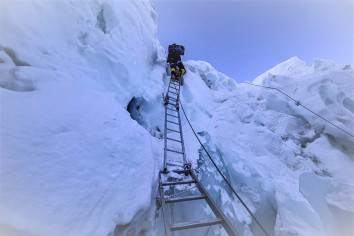
15th Jun, 2023
-1.JPG)
16th Jun, 2023
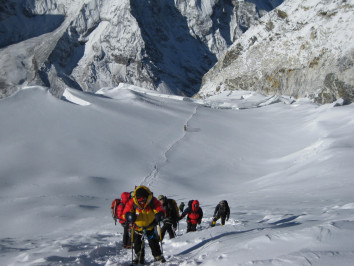
16th Jun, 2023
16th Jun, 2023

21st Jun, 2023
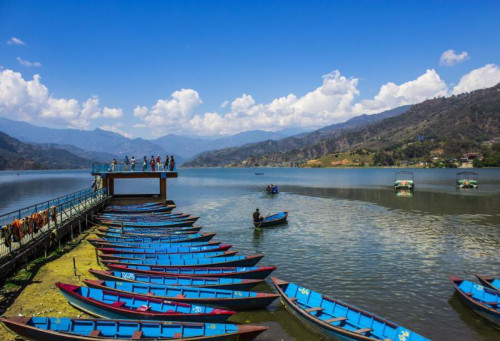
22nd Jun, 2023

25th Jun, 2023
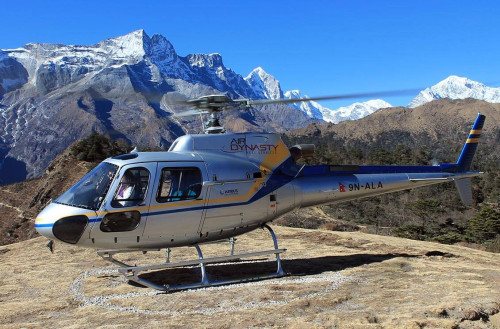
25th Jun, 2023

28th Jun, 2023
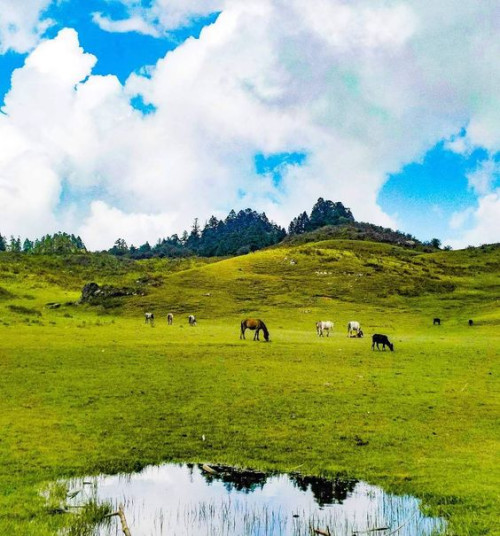

 Recommended On
Recommended On




